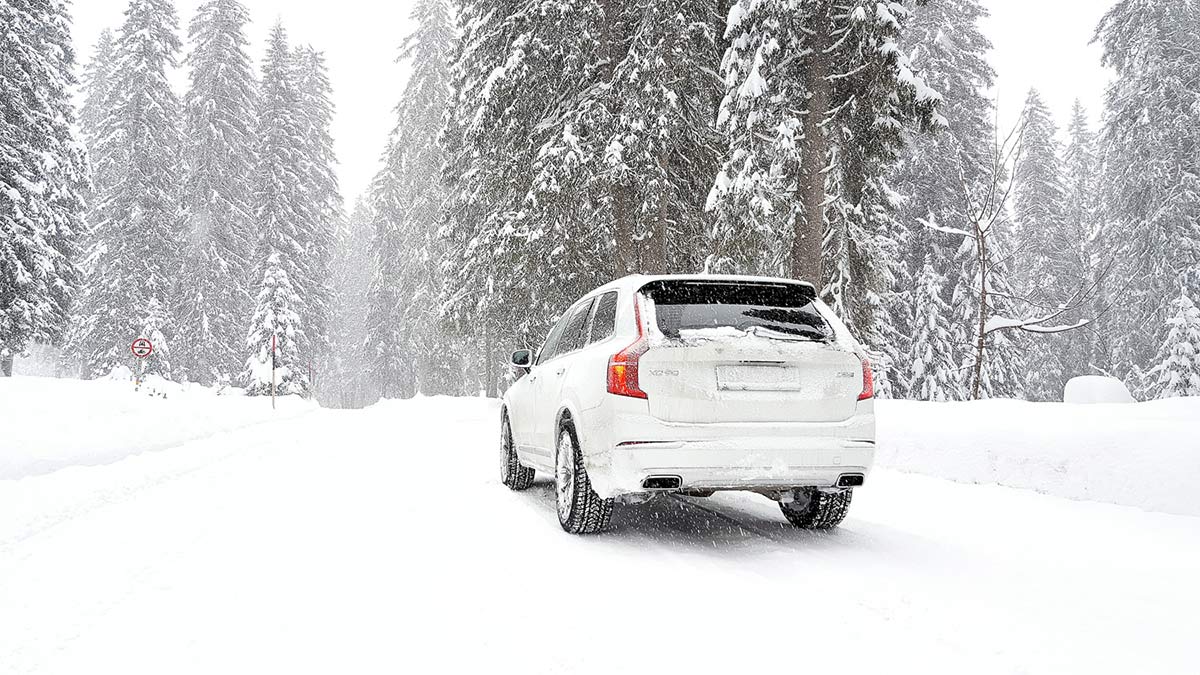VOLVO WINTER TIRES & WHEELS
Staying safe and in control during Canadian Winters
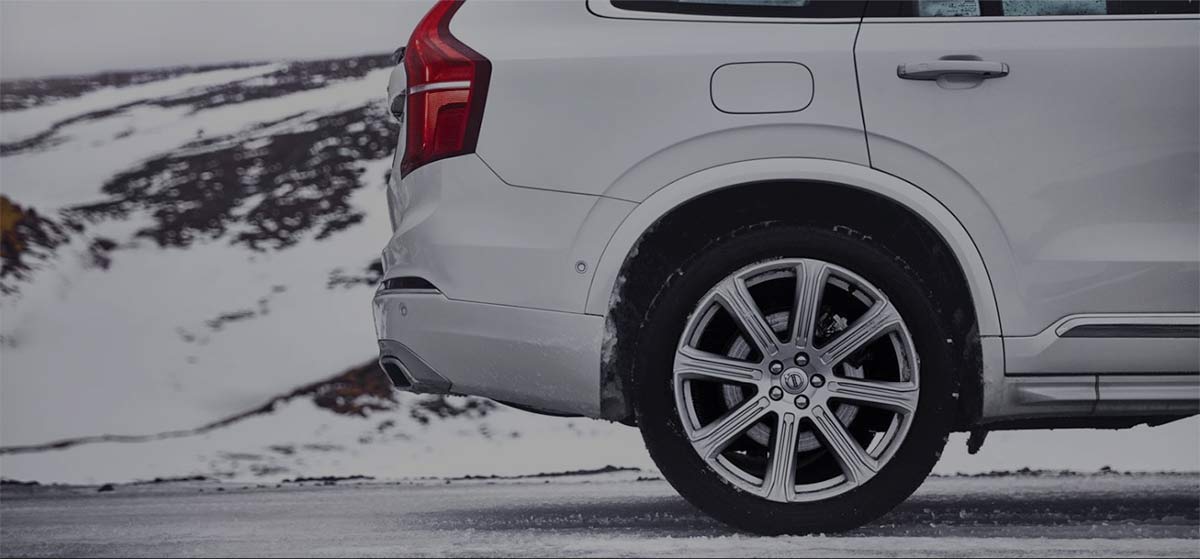
Winter Wheel Kits For Your Volvo
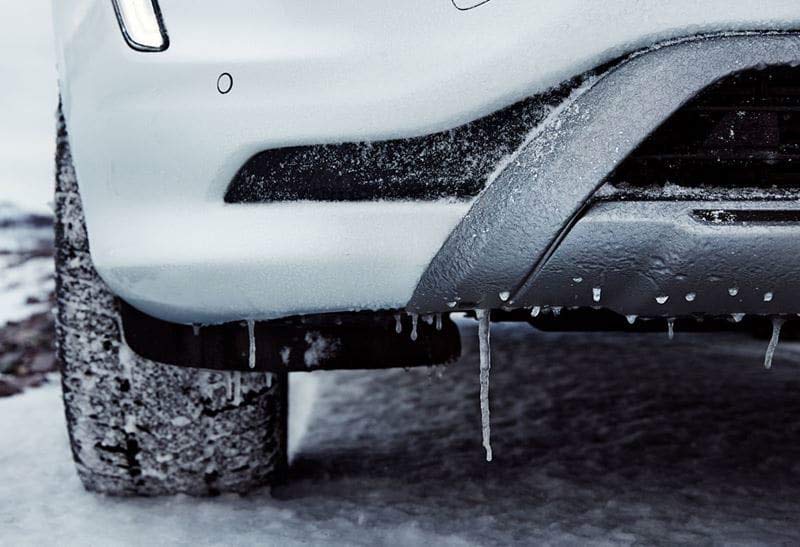
Be Safe This Winter
Winter Tires
Winter tires are necessary for many Canadian drivers since they offer increased safety in some of the most severe driving conditions. Since safe driving means being able to handle slush, ice and consistent sub-zero temperatures, you need a tire that can remain pliable in all conditions.
Winter tires are essential for driving on icy surfaces. Check out the difference Volvo winter tires can make on this commercial.
Volvo Winter Tires & Wheels
Staying safe and in control during Canadian Winters
"WINTER IS COMING" - Jon Snow
Do you need winter tires on your Volvo?
Be Safe This Winter
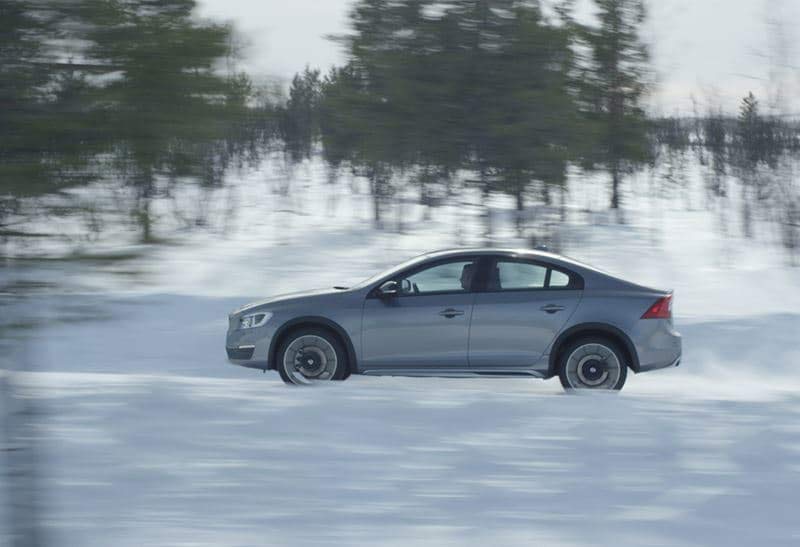
The latest generation of winter tires are designed not just for snow and ice, but are designed to maintain their elasticity and gripping power on cold pavement too. Traditional all-season tires tend to become stiff in cold weather, and they begin to lose gripping power as early as +7 degrees Celsius.
Tires that have been optimized for “all season” or “summer only” use are generally wider with a big footprint and few grooves, channels and sipes. This helps them to maintain the most rubber contact with the road during summer driving, when warm weather also assists them to remain pliable. This is the exact opposite of what you need for winter driving. Slightly smaller tires, with aggressive grooves and rubber compounds that remain pliable at colder temperatures are the ideal choice for optimized winter grip.
Is there proof that winter tires make a difference?*
In 2008, the use of winter tires on all 4 wheels became mandatory in Germany. In 2005, Germany had 12,539 collisions where there were cases of personal injury. In 2008, that number fell to 6033. There is a recognition that some safety improvements to vehicles were made over the 3 year period, but a reduction of 50% cannot be attributed to vehicle safety enhancements alone.
Closer to home, Quebec made the use of winter tires on all 4 wheel mandatory in 2008 as well. In Quebec, 96% of drivers were using winter tires before the law came into effect. Once winter tire use became mandatory, 98% of drivers used winter tires, with an immediate 5% decrease in collisions, and a 3% decrease in deaths and serious injuries. All of this with only a 2% increase in their use.
Be Safe This Winter
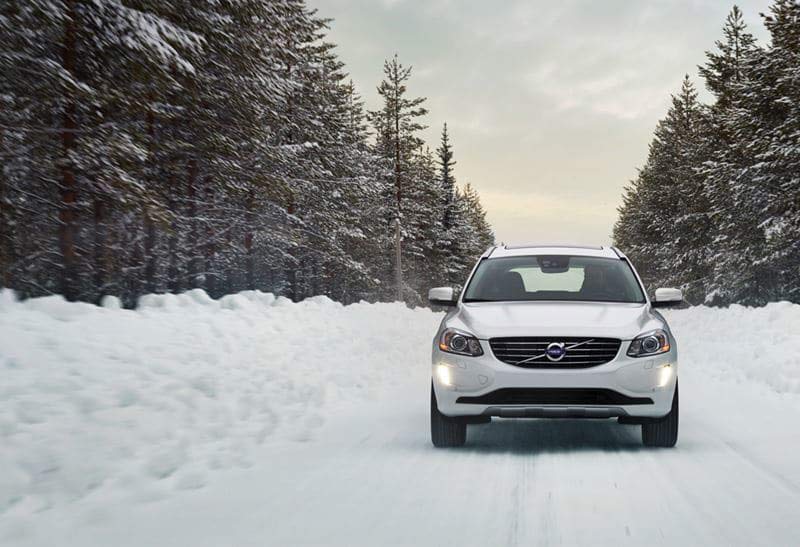
Be Safe This Winter
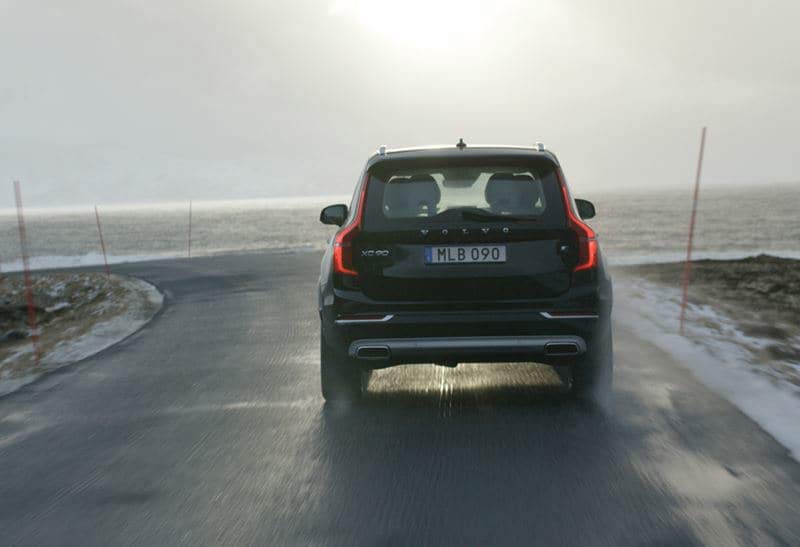
Do I need all 4?
In the old days of rear wheel drive cars, winter tires were used only on the drive wheels to get the car going. A lot has changed since then! Modern winter tires have specially designed compounds for cold-weather and customers should purchase or replace a complete set of four. According to Transport Canada “putting only two winter tires on a vehicle can change the vehicle’s handling so much as to be unsafe.”
Modern cars have advanced traction control systems, ABS brakes, and even AWD- all of which enhance a cars ability to handle well in inclement weather, however all of these technologies work to manage available grip. If grip to the surface of the road is not available, then these technologies cannot provide any advantage. Only the right tires for the season can enhance this.
What about the cost?
Snow tire kits, mounted on Volvo wheels for the 2016-2017 season start from MSRP of $1,500. Considering that they make your summer tires last longer, may reduce your insurance premiums and reduce the likelihood of even minor wintertime collisions, the investment is quite small. Factor in the increase in safety, and the reduced likelihood of getting stuck, and their advantages become increasingly prominent. Many retailers offer tire storage services making the transition even easier.
Winter Tires
